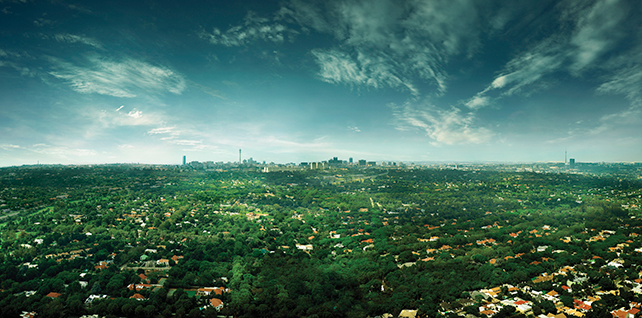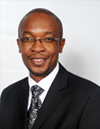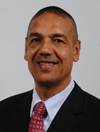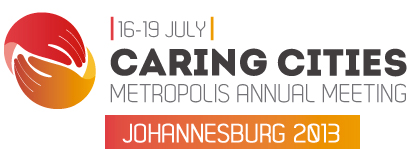Joburg today
Joburg today
As the African continent’s leading business metropolis, tourism in Johannesburg pivots on business. Johannesburg is the most powerful commercial centre on the African continent. The city generates 16 percent of South Africa's GDP and employs 12 percent of the national workforce.
Its infrastructure matches leading first world cities, yet the cost of living is far lower. The city is recognized as the financial capital of South Africa and is home to 74 percent of Corporate Headquarters. South Africa’s only stock exchange, the Johannesburg Securities Exchange (JSE) rates as one of the top 20 exchanges in the world in terms of market capitalization.

Economy
Johannesburg has been – and continues to be - the engine room of the national and provincial economy. Its spectacular growth was spurred initially by the gold rush in the 1890s, then by the mining boom in the 1930s and later by the expansion of manufacturing. This growth continues apace and is manifest today in the city's expanding service economy.
The size of Johannesburg’s economy exceeds that of any of the other five metros in South Africa. After recording an average annual economic growth rate of 5.39% between 2004 and 2008, Johannesburg recorded a growth rate of 1.3% in 2009, in line with the overall downturn in economic activity experienced globally.
Today Johannesburg houses most major international and national corporations trading in the country, underscoring Johannesburg’s role as the gateway to business in sub-Saharan Africa.
Political system
Political leadership
The Council comprises 260 elected councillors constituted from 130 ward councillors and 130 Proportional Representation (PR) councillors. Local councillors represent their constituencies' needs. Ward Committees, in turn, assist councillors by enabling community participation by serving as conduits for community information and dissemination.
The Executive
 The Executive Mayor, Councillor Parks Tau, assisted by the Mayoral Committee, leads the executive arm of the City of Johannesburg. The Executive Mayor is accountable for the overarching strategic direction of the City of Johannesburg and takes political responsibility as directed by the Council and assigned by legislation. The Executive Mayor is supported by the Mayoral Committee.
The Executive Mayor, Councillor Parks Tau, assisted by the Mayoral Committee, leads the executive arm of the City of Johannesburg. The Executive Mayor is accountable for the overarching strategic direction of the City of Johannesburg and takes political responsibility as directed by the Council and assigned by legislation. The Executive Mayor is supported by the Mayoral Committee.
City administration
 The transforming nature of the City of Johannesburg requires an administrative structure that is equally dynamic – that is both flexible and robust. The new governance and administrative model has amalgamated these two critical agents of governance into a single Office of the City Manager. This has enhanced policy development, monitoring and helped to streamline administration. The City Manager is Trevor Fowler. The City Manager is the overall manager of municipal affairs and the chief accounting officer of the City.
The transforming nature of the City of Johannesburg requires an administrative structure that is equally dynamic – that is both flexible and robust. The new governance and administrative model has amalgamated these two critical agents of governance into a single Office of the City Manager. This has enhanced policy development, monitoring and helped to streamline administration. The City Manager is Trevor Fowler. The City Manager is the overall manager of municipal affairs and the chief accounting officer of the City.
Municipal councils in South Africa perform legislative and executive functions. The City is one of two municipalities to pilot a new governance model refining, among others, the roles of the executive, council and administrative heads, level of decision making, accountability, institutional structures and the oversight of municipal entities by the respective core departments.
The key role of Council in the current structure is to focus on legislative, participatory and oversight roles. Council delegated its executive function to the Executive Mayor and the Mayoral Committee. Council’s principal and most substantive role is that of a lawmaker. The other key role is to debate issues publicly and to facilitate political debate and discussion. The Council receives regular reports on the exercise of executive powers including quarterly and annual reports on the exercise of delegations and overall performance from the Executive Mayor and Mayoral Committee.
The Executive Mayor and the Mayoral Committee form the executive arm of the Council. The executive is responsible for day-to-day decision-making and operational oversight. The executive submits quarterly and annual reports to the Council.
Population
The City of Johannesburg is home to total population of 4.43 million (2011) with an annual growth rate of 1.8% per annum. Africans are in the majority making up 76.4% of the total population.
Facts and Figures
- The greater Joburg metropolis covers an area of 2300 square kilometers, making it larger than Sydney, London and New York – and similar in size to Los Angeles.
- Johannesburg is home to 4.43 million people, the majority of whom are aged between 19 and 39.
- Joburg’s nickname “Egoli” means “place of gold”. Forty percent of the world’s gold has been found in the Witwatersrand, the reef on which the city was built.
- Founded 126 years ago in 1886, Joburg is one of the world’s youngest major cities – and the only one not founded on a major waterway (bay or large river).
- During this time, it has been rebuilt four times – starting out as a tented mining camp, it evolved into a town of tin shanties, followed by four-storey Edwardian brick buildings and then a city of modern skyscrapers.
Main OUTCOMES
- 425 registered delegates
- 99 cities and metropolitan regions represented by mayors, governors and senior officials
- 34 plenary sessions, workshops, meetings and technical tours
Main themes
- Food resilience
- Smart & agile cities in developing countries
- The power of the informal economy
- Resource resilience
- Engaged citizens
- Social cohesion in a caring city








































